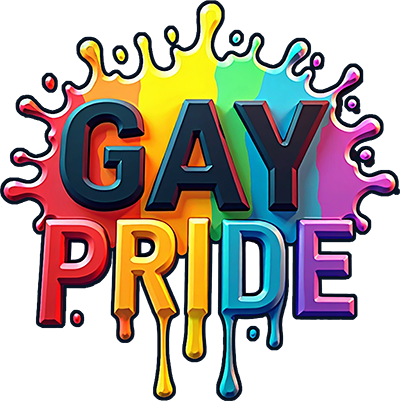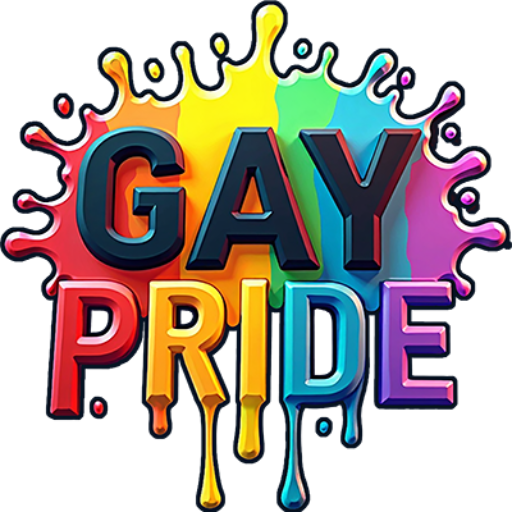Pride Parades: More Than Just a Celebration
Pride parades are vibrant, energetic, and full of life. But beyond the rainbow flags and glitter, these events hold a deeper significance. As we explore the multifaceted nature of pride parades, you’ll discover why they are much more than just a celebration.
Table of Contents
1. Introduction
2. The Historical Roots of Pride Parades 🌈
3. Pride as a Platform for Advocacy 📢
4. Building a Sense of Community 🏳️🌈
5. Economic and Cultural Impact 💸
6. Conclusion
7. FAQ
The Historical Roots of Pride Parades 🌈
To understand the true essence of pride parades, we must delve into their history. The first pride parade took place on June 28, 1970, in New York City, marking the first anniversary of the Stonewall Riots. These riots were a pivotal moment in the fight for LGBTQ+ rights, occurring after a police raid at the Stonewall Inn, a popular gay bar. This event ignited a movement that demanded equality and justice for the LGBTQ+ community.
Over the years, pride parades have evolved, but their core purpose remains the same: to honor the struggles and achievements of the LGBTQ+ community. By remembering our history, we pay tribute to those who fought bravely for the rights many enjoy today.
Pride as a Platform for Advocacy 📢
Pride parades are not just about celebration; they are powerful platforms for advocacy. They provide a stage for marginalized voices to be heard and for pressing issues to be addressed. Participants and organizers often use these events to highlight ongoing struggles and injustices faced by the LGBTQ+ community.
From promoting legal equality to raising awareness about mental health and safety, pride parades serve as a reminder that the fight for rights and acceptance is ongoing. The visibility and media coverage these events receive help bring critical issues to the forefront of public discourse.
Building a Sense of Community 🏳️🌈
One of the most beautiful aspects of pride parades is the sense of community they foster. These events bring together individuals from all walks of life, united by a common cause. For many, pride parades are a chance to connect with others who share similar experiences and struggles.
Whether you’re attending your first pride parade or your tenth, the feeling of belonging and acceptance is palpable. For those who might feel isolated or marginalized, pride parades offer a safe space to express themselves freely and authentically.
Economic and Cultural Impact 💸
Pride parades also have significant economic and cultural impacts. Local businesses often see a boost in revenue during pride events, as they attract large numbers of participants and spectators. This influx of visitors can provide a substantial economic boost to cities hosting these parades.
Culturally, pride parades contribute to the diversity and vibrancy of communities. They celebrate the uniqueness and creativity of the LGBTQ+ community, showcasing art, music, and fashion that enrich the cultural fabric of society.
Conclusion
Pride parades are indeed more than just a celebration. They are a reflection of our history, a call for continued advocacy, a builder of community, and a driver of economic and cultural growth. As we participate in these events, let’s remember the deeper significance they hold and continue to push for a world where everyone, regardless of their identity, can live freely and with pride.
FAQ
1. Why are pride parades important?
Pride parades are important because they honor the history and struggles of the LGBTQ+ community, serve as platforms for advocacy, and foster a sense of community and belonging.
2. What issues do pride parades address?
Pride parades address a range of issues, including legal equality, mental health, safety, and the ongoing fight against discrimination and prejudice.
3. How do pride parades impact local economies?
Pride parades can significantly boost local economies by attracting visitors who spend money on accommodations, food, and other local businesses.
4. Can anyone attend a pride parade?
Yes, pride parades are open to everyone. They are inclusive events that welcome individuals from all backgrounds and identities to join in the celebration and advocacy.
5. How can I support the LGBTQ+ community beyond attending pride parades?
You can support the LGBTQ+ community by advocating for their rights, educating yourself and others, supporting LGBTQ+ businesses and organizations, and being an ally in everyday life.

